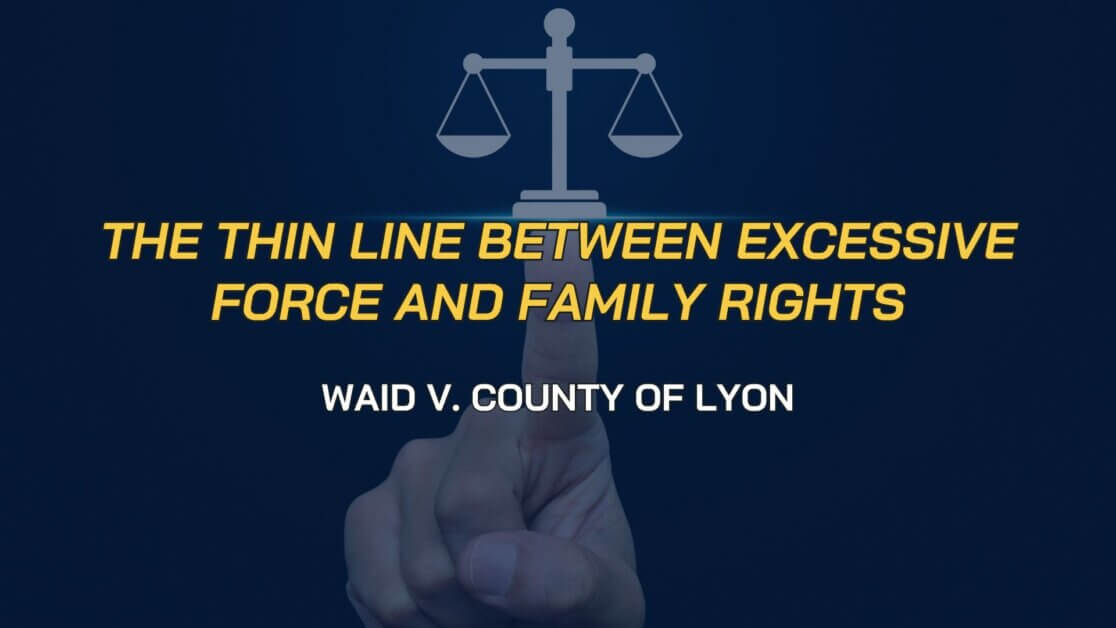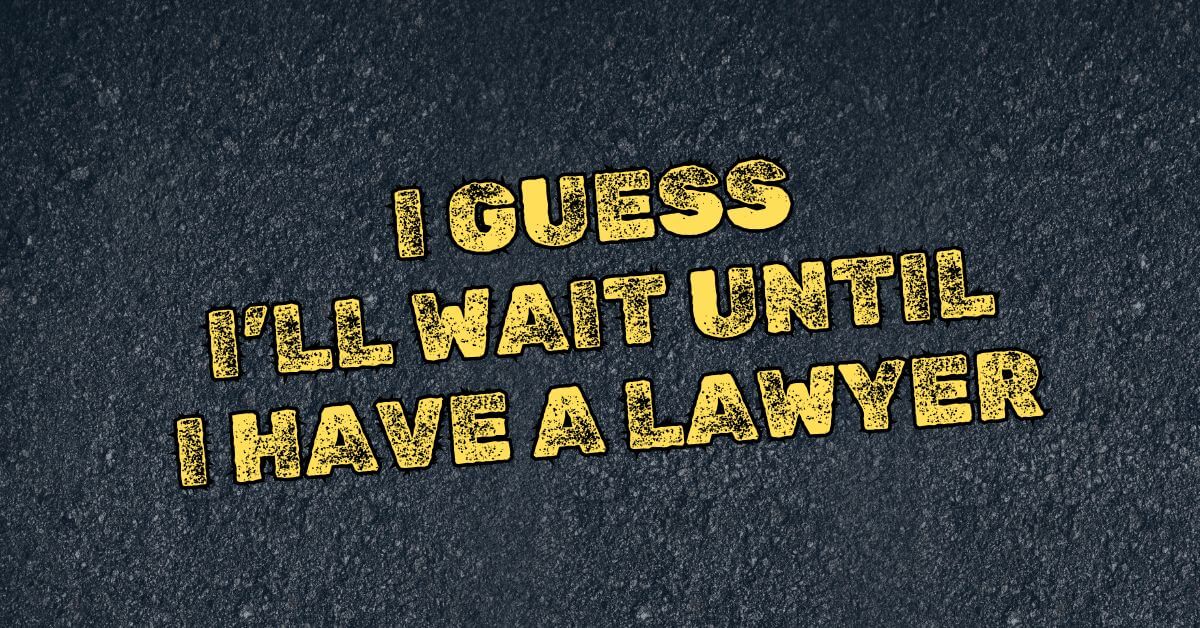On June 23, 2021, the United States Supreme Court (SCOTUS), in Lange v. Californiai examined whether pursuit of a fleeing misdemeanor suspect always qualifies as an exigent circumstance. SCOTUS unanimously held that it does not.
Facts
The defendant, Arthur Lange, was convicted of driving under the influence (DUI) of alcohol. One night in 2016, Lange was on his way home when he drove past a California highway patrol officer while playing loud music with his windows down and repeatedly honking his horn. The highway officer turned on his overhead lights and signaled for Lange to pull over. Instead, Lange continued driving approximately a hundred feet to his driveway and pulled inside his attached garage. The officer followed him inside and began questioning him. During this conversation, the officer observed signs of intoxication and put him through field sobriety tests. Lange performed poorly and a subsequent blood test showed his blood alcohol content was more than three times the legal limit.
The State charged Lange with misdemeanor DUI and issued a noise infraction. Lange moved to suppress all evidence obtained after the officer entered his garage, arguing that the warrantless entry had violated the Fourth Amendment. The State argued that the officer had probable cause to arrest Lange for the misdemeanor of failing to comply with a police signal and that pursuit of a suspected misdemeanor always qualifies as an exigent circumstance authorizing a warrantless home entry. The Superior Court denied Lange’s motion which was also affirmed by the appellate division. The California Court of Appeal affirmed and accepted the State’s argument in full.
SCOTUS Opinion
In a unanimous decision, SCOTUS held that under the Fourth Amendment, pursuit of a fleeing misdemeanor suspect does not always (or categorically) qualify as an exigent circumstance justifying a warrantless entry into a home.
In Justice Kagan’s opinion for the Court, SCOTUS examined whether the Court should apply a bright-line rule when applying the “exigent circumstances” exception to the general requirement that police obtain a warrant or apply it on a case-by-case basis. The Court pointed out the obvious, that misdemeanors vary in seriousness; some are minor while some are serious. Kagan noted that “[t]his Court has held that when a minor offense alone is involved, police officers do not usually face the kind of emergency that can justify a warrantless home entry.” Even if a suspect of a minor misdemeanor attempts to flee, this does not justify a definite rule that exigent circumstances apply as there is no evidence to suggest that every case of misdemeanor flight poses a danger. Kagan acknowledged that when a suspect is fleeing, police officers may often need to act quickly – for example, to avoid the destruction of evidence or to make sure that the suspect does not flee again. But there is no reason to believe that police need to act quickly, without a warrant, in every case. Therefore, Kagan concluded, when the officer has time to get a warrant, he should “do so — even though the misdemeanant fled.” The Supreme Court vacated the state court’s decision and sent the case back for another look in light of its opinion.
Chief Justice John Roberts filed a separate opinion, joined by Justice Samuel Alito, in which he agreed that Lange’s case should go back to the state courts. But he disagreed with Kagan’s view of what the Fourth Amendment requires. According to Roberts, the court’s prior cases have established a “general rule that hot pursuit justifies warrantless entry.” Under Roberts’s reasoning, the case should go back to the lower courts solely, so Lange has the chance to argue that the case is the sort of “unusual case” in which the “general rule” about hot pursuits does not apply. More broadly, Roberts sharply criticized Kagan’s majority opinion, describing it as reaching an “absurd and dangerous result” that will be difficult to apply and will put police officers at risk.
Takeway
When it comes to flight and misdemeanor offenses, warrantless entry into a home is not always justified by the exigent circumstance exception to the warrant requirement. SCOTUS has made clear that when an officer has the time to get a warrant, he or she must do so. Therefore, officers must assess the totality of the circumstances to determine if there is a law enforcement emergency.



